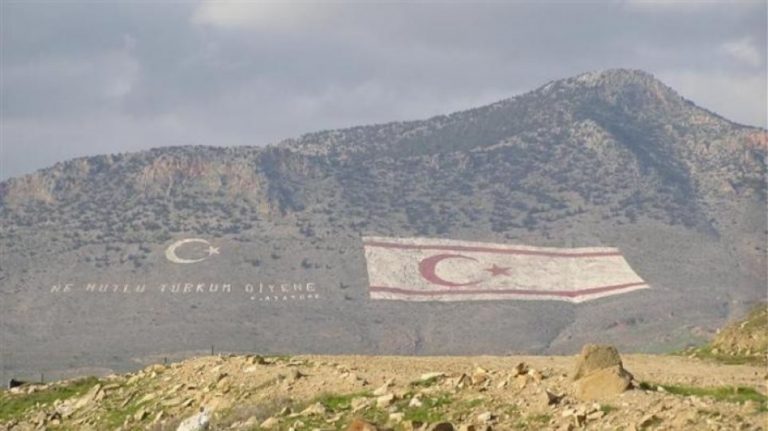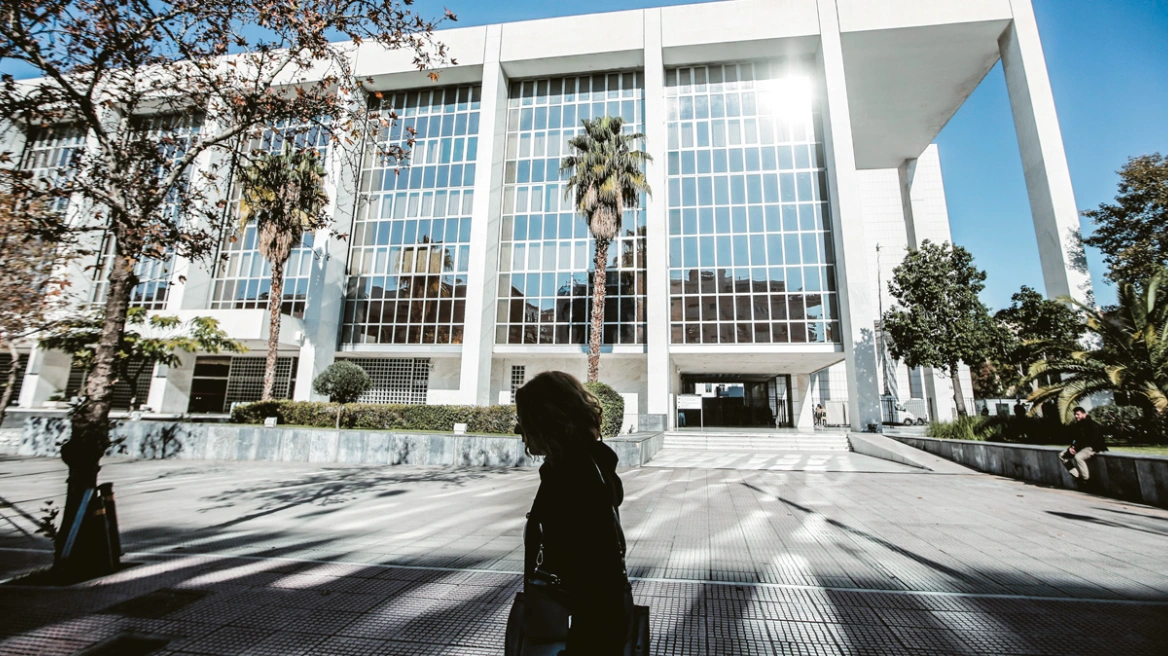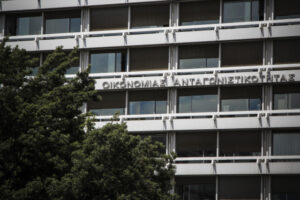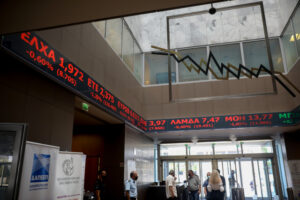Cypriot Foreign Minister Nikos Christodoulides expressed his personal concern about the danger of annexation of the occupied territories by Turkey if there is no solution to the Cyprus problem by 2023, noting that this year will mark the 100th anniversary of the founding of the modern Turkish state and Recep Tayyip Erdogan will want to present a bigger Turkey.
“Unfortunately, the occupied areas of northern Syria, areas in northern Iraq are potential targets of Mr. Erdogan and this is something that should concern us”, said Mr. Christodoulides, speaking before the Parliamentary Committee on Finance during the presentation of the budget of the Ministry of Foreign Affairs for 2021.
Referring to the efforts to resume talks on resolving the Cyprus issue, Mr. Christodoulides said that the information is that at the end of November the Special Envoy of the UN Secretary General, Jane Holl Lute, will be in Cyprus with the aim of convening an informal conference on Cyprus, either around the end of December or in January, which will aim to announce new talks.
“The substantive effort began last week with contacts by Ms Lute, with all three guarantors and is expected to peak around late November – early December”, he said.
He also said that last night he spoke with the EU High Representative, Josep Borrell, who may visit Cyprus and Greece before the European Council to be held on December 10-11. He further added that Mr Borrell had contacted Turkish Cypriot leader Ersin Tatar to clarify that the EU could not accept a solution other than a federation and that the two-state solution could not be accepted in any way by the EU.
Mr. Christodoulides stated that the settlement of the Cyprus problem continues to be the No.1 priority, especially at this stage, noting that “our attention is focused on the resumption of negotiations from where they remained in Crans Montana, with the sole aim of achieving solution on the basis of the agreed framework of the bi-zonal, bi-communal federation”.
He noted that, unfortunately, Turkey’s unprecedented challenges throughout the region, including Cyprus, continue. “The international community’s assessment is that Turkey’s behavior in the wider region is mainly due to two reasons. The first concerns the implementation of a neo-Ottoman approach by Mr. Erdogan who wants Turkey by 2023, the 100th anniversary of the founding of modern Turkey, to become a leading force in the wider region, and especially in the Muslim world and the second concerns the significant economic challenges it faces inside his country”, he stated.
He said that in this context, the provocations towards Cyprus, either on land, such as in the enclosed area of Famagusta, or at sea, in the EEZ of Cyprus, are peaking.
He stated that “our reaction, apart from the readiness and the prospect of resuming the talks, also focuses on the use of any available means we have as the Ministry of Foreign Affairs, with special emphasis on the EU, despite its weaknesses, mainly due to the special interests of Member States with Turkey”.
Turkey to send troops to Nagorno-Karabakh
The Greek-Cypriot Foreign Minister also stressed the importance of the decisions that the European Council will take on December 10th and 11th, when Turkey will be evaluated and decisions are expected to be made on the full range of Euro-Turkish relations.
He said that “no one can say now how our partners in the EU will move”, adding that “it is not an end in itself to take sanctions or other measures, but the first goal is for Turkey to stop all these actions and that is where the focus of our efforts are”.
Answering questions from MPs and referring to the Turkish provocations against Cyprus, Mr. Christodoulides said that “apart from the statements, we did not expect any third country to come, whether a member of the Security Council, or the United States, or the Russian Federation, or anyone else to not allow Turkey to proceed with what it is doing”.
He also said that it is important to see the big picture and the way in which Turkey acts in Greece, in Iraq, in Syria, in Libya. “It is instrumentalizing immigrants, it is instrumentalizing religion, it is trying to degrade regional regimes”, he said, noting that “without exaggeration since 1923 it is the first time we have seen a revising Turkey to the extent that we see it“.
He also said that for Famagusta “there are some decisions we took at the level of Attorney General” which, however, as he said, can not be reported publicly.
Regarding Mr. Erdogan’s illegal visit to the occupied and besieged city of Famagusta, he said that interventions were made by the EU and by permanent members of the Security Council and the UN Secretary General himself, noting that “they spoke with Turkey in order not to make the visit”.
Regarding the Turkish Cypriot protests in the occupied territories against Mr. Erdogan and his policies, he said that they are very important and have been taken into account by the EU.
Regarding the election of Joe Biden to the US presidency, he said that he has a different approach from his predecessor, noting, however, that “at the end of the day, Mr. Biden, like any other American president, will work on how to better promote American interests”.
Ask me anything
Explore related questions





